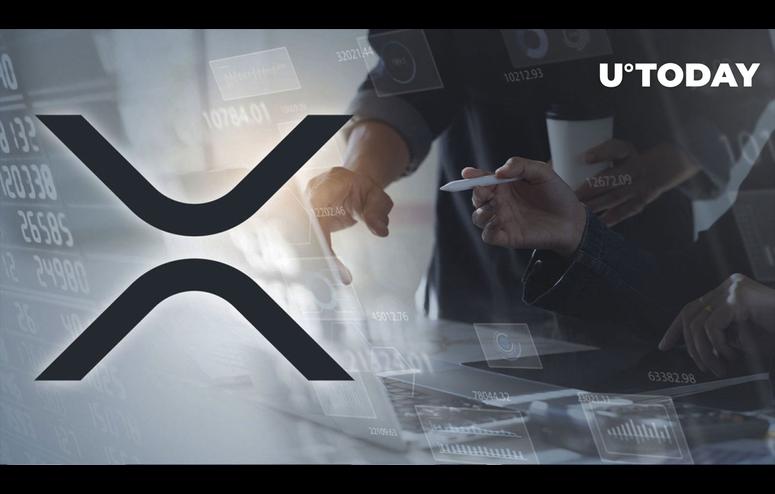Ripple: Here's How XRP Might Benefit From South Korea's Incoming Regulatory Guidelines
TL;DR South Korea is expected to provide regulatory clarity for digital assets in the first half of 2023. XRP, which is a payment token, might not be categorized as a security or fall under the Digital Asset Basic Act. The impending regulatory clarity could benefit Ripple's XRP, particularly its On-Demand Liquidity (ODL) service.

Disclaimer: The opinion expressed here is not investment advice – it is provided for informational purposes only. It does not necessarily reflect the opinion of U.Today. Every investment and all trading involves risk, so you should always perform your own research prior to making decisions. We do not recommend investing money you cannot afford to lose.
XRP, the sixth largest cryptocurrency by market capitalization, might stand to gain from South Korea's incoming regulatory clarity.
Ninety percent of Ripple's business, according to Rahul Advani, director of policy for the APAC region, is conducted outside of the United States, with a sizable chunk taking place in the Asia-Pacific region, which includes South Korea.
The demand for speedy settlements and immediate access to funds has led to growth in the use of Ripple remittances, particularly the On-Demand Liquidity (ODL) service that uses XRP in the APAC area.
🇰🇷 South Korea is gearing up to provide more regulatory clarity for #crypto this year.
Ripple's APAC Policy Director @radvanisg discusses how policymakers can strike a balance between consumer protection and fostering innovation in the sector. https://t.co/Y06ZSnNr8L — Ripple (@Ripple) March 16, 2023
Recently, the Financial Services Commission (FSC) of South Korea published rules for identifying which digital assets would be designated security tokens (STOs) and, hence, come under regulations applicable to financial securities, in a strong step toward providing such regulatory clarity.
Ads Ads
Digital assets will be classified as securities, or STOs, if they provide investors a stake in the running of a company, grant investors the right to dividends or residual property or make sure the issuer attributes profits generated from the business to investors.
After being approved by the South Korean Parliament, the necessary revisions to the Capital Markets Act to recognize STOs are anticipated to be finalized in the first half of 2023 and implemented in 2024.
XRP stands to gain from regulatory clarity
The upcoming Digital Asset Basic Act, which is presently being evaluated by the South Korean National Assembly, will regulate digital assets that do not fall within the definition of STOs, such as payment tokens.
Being a payment token, XRP might not be considered a security token or be subject to the future Digital Asset Basic Act.
